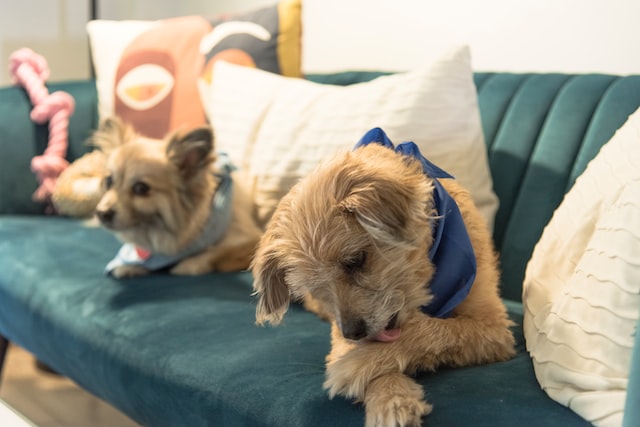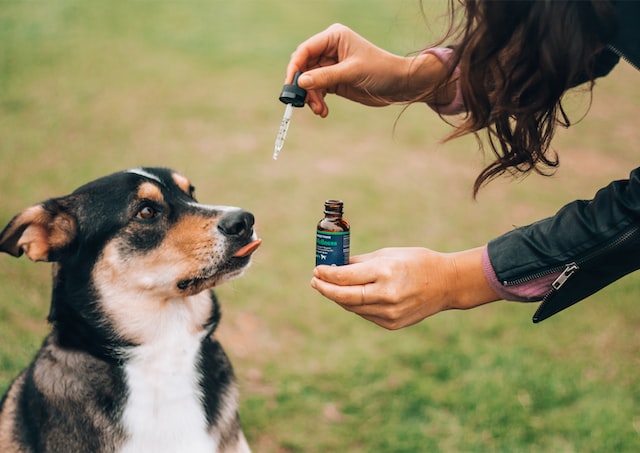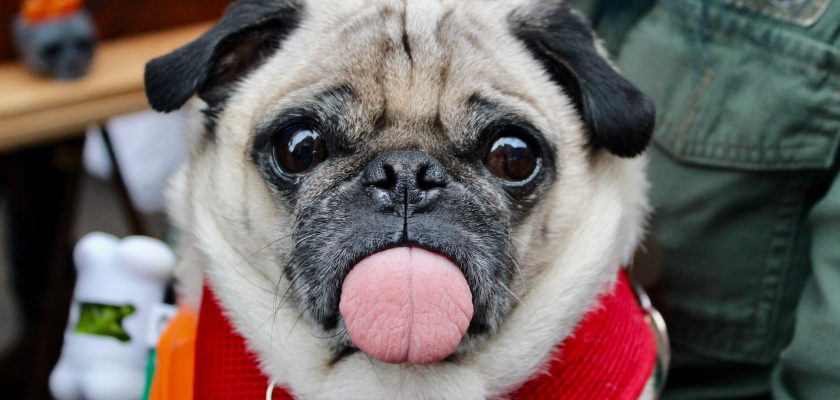The easiest and most convenient way to stop your dog from licking their paws is to use a home remedy. You can simply take a few common ingredients found in your pantry and make a solution that will keep your pet from getting itchy.
Dry skin
If your dog is itching and licking his paws, there are some simple things you can do to stop the behavior. Itchy paws are a common symptom of allergies and can be caused by a number of different factors.
Fleas, ticks, and other parasites can make your dog itchy and uncomfortable. These tiny critters can go unnoticed, but can cause red patches and excessive shedding. A medicated bath and oral medications can help eliminate these unwanted critters.
Another possible cause of itchy paws is a thorn in the foot pad. In these cases, you may want to see a veterinarian to determine the underlying cause.
Other causes of itchy paws include injury, infection, or even a simple lack of moisture. You should keep your dog’s paws clean to avoid excessive licking.
Apply a moisturizer to the paws to keep them hydrated and reduce itchiness. You can also apply coconut oil, an all-natural product with antibacterial and moisturizing properties.

Photo by Real Natures Food on Unsplash
Apple cider vinegar is another all-natural option that can help. The vinegar has antimicrobial and antifungal properties that can help soothe irritated skin. Spraying the affected area with a 50/50 mixture of apple cider and water can also remove bacterial or fungal irritants.
An oatmeal bath can also relieve itchy paws. Oatmeal contains natural oils that can help reduce inflammation and keep the skin healthy. Baths can be done once or twice a week. Alternatively, you can add oatmeal to your dog’s food.
A topical anti-inflammation spray can also help to prevent dogs from licking their paws. However, a spray should be discussed with your vet before using.
There are also many over-the-counter solutions for pets. Some of these include moisturizing creams, conditioners, and even oral medications. For more information on these products, check out the website for Natural Remedies for Your Dog.
Licking paws is not a good habit to start. Whether you have a puppy or an adult, it is important to keep your dog’s paws clean. Also, you should consider checking your dog’s paws for a thorn or other unusual occurrence. This will help you to identify a problem before it gets out of hand.
Food allergies
Dog licking paws is a very common problem, and it can cause pain and discomfort. Luckily, there are several home remedies to stop dog licking paws.
First, make sure your dog’s paws are clean. You can wash them with warm water or use soap and water. Be sure to wipe off any dirt or irritants with a towel.
Next, add coconut oil to your dog’s food bowl. Coconut oil has a soothing effect and helps dry up dry skin. It can also be massaged onto your dog’s paws.
Another good remedy is baking soda. This compound is safe, non-toxic, and has anti-inflammatory properties. Leaving a small amount of baking soda on your dog’s paws can help stop him from licking them.
Vitamin E can also be used to prevent paw licking. Applying Vitamin E to your pet’s paws will reduce dryness and soothe itchy paws.
Apple cider vinegar has similar effects to vinegar on humans, and it is also effective on dog paws. It’s important to use pure apple cider vinegar, though, and not an over-the-counter variety.
A sour apple can be a good way to get your dog to stop licking his paws. Just make sure to apply it to the area that needs protection.
Other natural remedies include a homemade poultice made from comfrey and water. Once you have created the poultice, it can be applied to your dog’s paws twice a day for two weeks. When the itchiness has subsided, you can discontinue the application.
Using topical anti-inflammation sprays is another option. However, your vet should be consulted before trying this treatment. The spray may not treat the underlying causes of the allergy, and you could be exposing your dog to unnecessary medications.

Photo by Honest Paws on Unsplash
Some of the more common causes of paw licking include food allergies, insect bites, boredom, and other issues. If your dog is licking paws too often, your vet should be consulted.
If your dog licks paws too much, it can also lead to a bacterial or fungal infection. The best way to prevent this from happening is to keep your dog’s paws clean.
Parasites
Paw licking is a common symptom for dogs. This can be caused by a variety of factors. If your dog is licking paws regularly, it’s a good idea to check for an underlying problem.
Some of the most common causes of paw licking include bacterial infections, allergies, and even parasites. Infections and allergies can be treated by a veterinarian. However, if you’re looking for a less invasive option, there are a number of home remedies for paw licking that can work.
Medicated baths, topical antimicrobial sprays, and oral medications are also options for treating a paw licking problem. It’s best to discuss these treatments with a vet.
Apple cider vinegar is a powerful remedy for preventing a paw licking problem. Mix it with water and then apply it to the paws. This treatment can help reduce inflammation and fungi. You can use it on a weekly basis for several weeks.
Another treatment is neem. Also known as Indian lilac, this herb has strong antiseptic properties. Adding neem to the diet of your dog may be a good way to prevent a paw licking problem.
Fleas are another cause for paw licking. Fleas are easy to spot in a dog’s fur. The saliva of fleas can cause your dog to become irritated, which is why they lick their paws.
Keeping your dog’s feet clean and dry will go a long way in preventing this problem. A good way to keep them clean is to wipe them down on a regular basis.
A dog’s paws can be itchy and painful, especially when they are in dry climates. Keeping their paws clean will not only prevent a licking problem, but it will also prevent it from getting worse.
It is also important to monitor your dog’s behavior. For example, if they start chewing on their paws, this could be an indication of separation anxiety. They are also vulnerable to certain endocrine disorders, which can affect the amount of hormones in their body.
Paw licking is also common among dogs that are stressed. If your dog is prone to licking his or her paws, try engaging in play.
Coconut oil
If you are looking for a way to stop your dog from licking his paws, coconut oil is a great option. It can help soothe the skin and prevent irritation.
Coconut oil is packed with nutrients and minerals that promote health and beauty in your pet. You can use it as a bath soap, a hair conditioner, or a skincare product.
Coconut oil can also be used to moisturize your dog’s paws. The high fat content in this oil helps reduce irritation and inflammation. In addition, coconut oil has antiseptic properties, which can help protect your pet from infection.
The saturated fats and MCTs in coconut oil can help support your dog’s digestive system, immune system, and bone health. Another benefit of MCTs is that they can help improve bad breath.
If your dog is licking his paws excessively, he may have an infection. If so, your vet can give you some information on how to treat the infection.
If your dog is licking due to dry skin, you can treat it with vitamin E. Vitamin E is a good moisturizer and it can help prevent dry skin.
Coconut oil has antiseptic properties that can help kill bacteria on the paws. This helps keep the paws healthy and can decrease the likelihood of scars.
You can also add it to your dog’s diet. Coconut oil contains lauric acid, which is a natural antiseptic. Be sure to check the ingredients of your dog’s food to see if it contains coconut oil.
You can also mix coconut oil with vinegar or baking soda for a soothing paw soak. Leave the mixture on your pet’s paws for a few minutes. Once the soak is over, your dog should not lick the paws.
Try playing with your dog to distract him. Playing with your pet builds trust and he will feel more comfortable in your presence.
Depending on the cause of the problem, there are other home remedies you can try. Some dog owners find relief by using homemade paw balm. Make sure to use a 100% natural dog balm.
